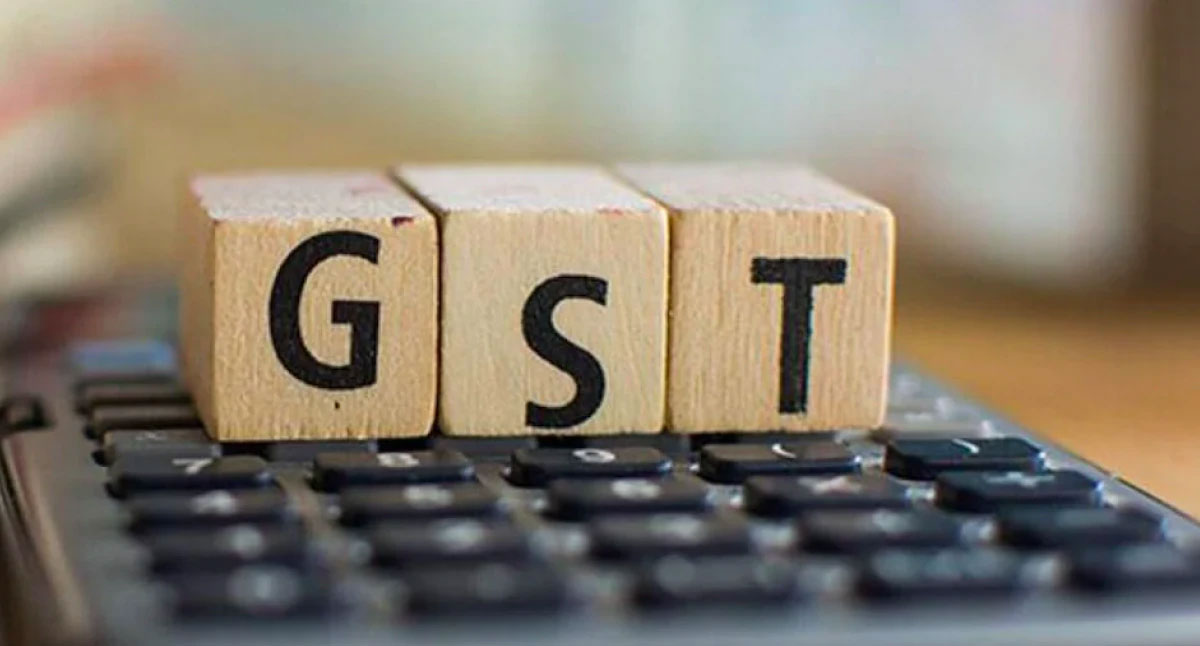Moneylife Impact: GST on Penal Charges Out; Refunds Must Follow

In a significant decision, the GST council clarified during its 55th meeting on 21 December 2024, that penal charges imposed by banks and financial institutions will no longer attract goods and services tax (GST). This clarification has resolved months of confusion that arose when banks began levying 18% GST on penal charges from April, 2024. Moneylife had highlighted the scale of the problem earlier this year, in an article authored by Chandramouli Mohan, a retired banker (Read: Borrowers Reeling from 18% GST on Penal Charges Approved by RBI on Late Payment)
The council clarified that penal charges are compensatory in nature and do not qualify as a 'supply of services' under GST laws, effectively exempting them from GST. While this decision offers relief, it also raises important questions about the refund of GST collected over the past several months, an amount that could run into several hundred crores rupees.
Penal charges are intended to deter non-compliance, such as delays in loan repayments or failure to submit financial documents. Unlike regular fees, these charges are not payments for a service rendered but penalties for breaching terms. Therefore, as pointed out by Chandramouli Mohan in his article, penal charges do not meet the definition of taxable services under GST laws and should never have attracted GST.
In August 2023, the Reserve Bank of India (RBI) introduced guidelines to replace penal interest with penal charges to ensure fairness and transparency. However, this transition inadvertently brought penal charges under the GST ambit, adding an 18% tax to penalties already borne by financially strained borrowers.
For instance, a borrower previously paying Rs1,000 in penal interest would now pay Rs1,180 under the new system. Many banks compounded this issue by applying the charges to the total outstanding amount rather than the specific overdue amount, further increasing the financial burden.
The introduction of GST on penal charges created ambiguity, as these charges are compensatory rather than service-oriented, do not align with the principles of taxable services. The lack of clear guidance from RBI and tax authorities exacerbated the problem, leaving borrowers to bear the brunt of inconsistent practices.
The GST council’s decision to exempt penal charges by banks or financial institutions from GST has finally addressed the legal and ethical concerns surrounding the issue. However, this clarification raises the critical question of refunds. Banks have been collecting GST on penal charges since April 2024 and this amount must be refunded to borrowers promptly.
Given the scale of the issue, the refunds are expected to run into hundreds of crores rupees. Ensuring the timely and transparent return of this money will require active oversight from RBI's department of Supervision and consumer education and protection department (CEPD). Borrowers must also be informed of their rights to claim these refunds to avoid further grievances.

